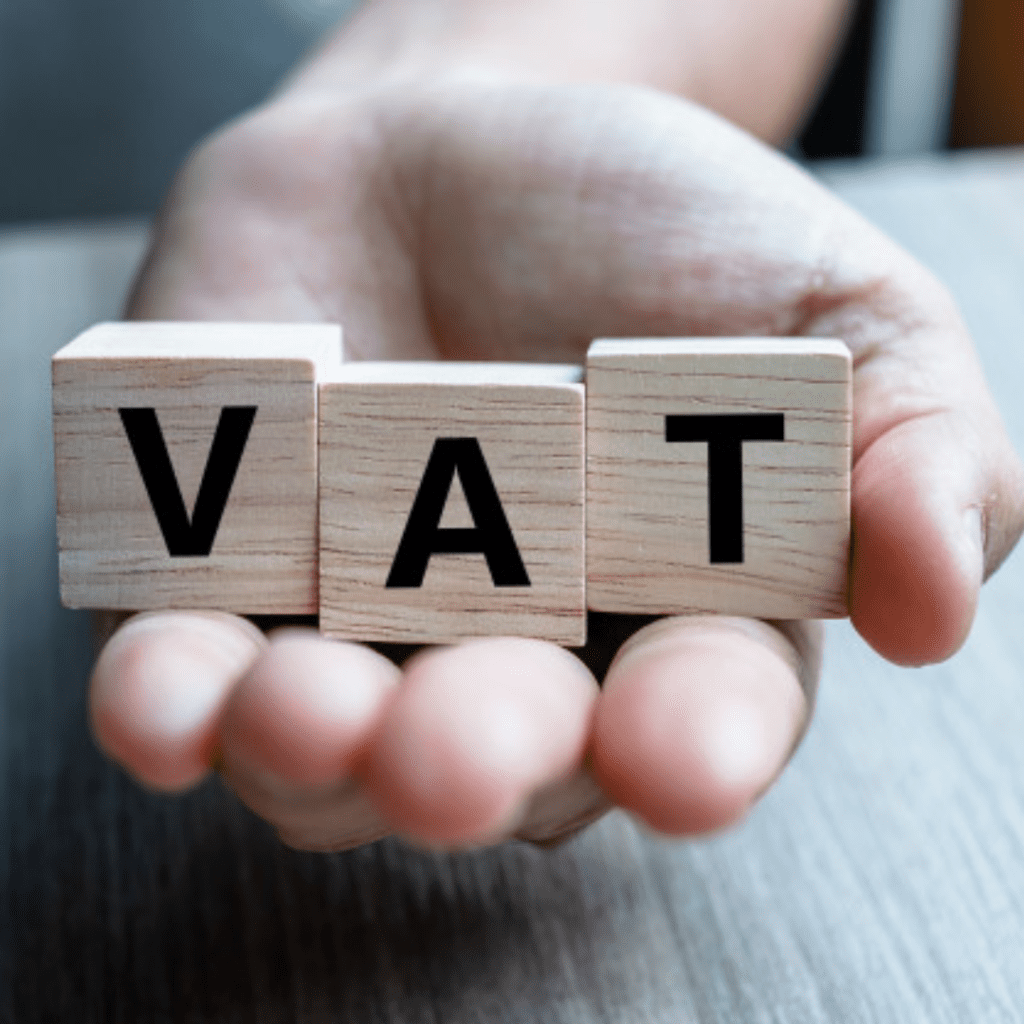Need of VAT Registration for E-commerce Business
The rapid growth of E-commerce, more and more online businesses are emerging worldwide. As these businesses expand their reach and cater to customers across borders, understanding and complying with Value Added Tax (VAT) regulations becomes essential. In this blog post, we will explore the VAT registration process for online businesses and provide valuable tips for staying compliant. What is VAT and why does it matter for online businesses? Value Added Tax (VAT) is a consumption tax imposed on the sale of goods and services at each stage of production and distribution. Unlike sales tax, VAT is collected by businesses at various points in the supply chain, making it an integral part of the global tax system. For online businesses, VAT compliance is crucial for legal and financial reasons, ensuring adherence to tax regulations and avoiding penalties.Understanding VAT thresholds and registration requirements: Online businesses need to be aware of the following aspects On VAT Registration: VAT Thresholds: Each country has a VAT registration threshold, which specifies the minimum annual turnover required for a business to register for VAT. It is essential to monitor these thresholds in the countries where your business operates to determine if VAT registration is necessary. Cross-border Sales: Online businesses selling to customers in different countries must also consider distance selling thresholds. Once the threshold is exceeded in a particular country, VAT registration becomes mandatory. VAT registration process for online businesses: Registering for VAT can seem complex, but understanding the process helps streamline compliance. Here\’s a general overview of the VAT registration process A Determine Your Obligations: Identify the countries where your online business operates and assess whether VAT registration is required based on turnover thresholds and cross-border sales. B Gather Required Information: Collect all necessary business information, such as company details, bank account information, proof of identity, and supporting documentation.C Submit VAT Registration Application: Prepare and submit the VAT registration application to the relevant tax authority in each country. Some countries allow online registration, while others require manual submission. D Appoint a Tax Representative (if required): Certain countries mandate that non-resident businesses appoint a tax representative within their jurisdiction. This representative acts as a liaison between your business and the tax authorities. E Await Approval and Obtain VAT Number: Once your application is processed, the tax authority will issue a VAT number confirming your registration. Ensure that this number is prominently displayed on your website, invoices, and other relevant documents. Tips for staying VAT compliant:Maintaining VAT compliance is an ongoing responsibility for online businesses. Consider the following tips to stay compliant: Maintain Accurate Records: Keep detailed records of all sales, purchases, and VAT collected or paid. These records will help during audits and ensure accurate VAT reporting. Implement VAT-Compliant Invoicing: Your invoices should clearly state the VAT rate applied, the VAT amount charged, and your VAT number. Consider using automated invoicing systems to streamline the process.Monitor VAT Rates and Regulations: Stay updated on VAT rates and any regulatory changes in the countries where you operate. This will help ensure that you charge and remit the correct amount of VAT. Consult with Tax Professionals: VAT regulations can be complex, and seeking advice from tax professionals or VAT specialists can provide valuable guidance for your online business. Conclusion: VAT registration is a crucial step for online businesses to ensure compliance with tax obligations and maintain a thriving e-commerce presence. By understanding the VAT registration process and following the tips provided, online entrepreneurs can navigate the complexities of VAT and operate their businesses successfully. Remember, staying compliant not only avoids penalties but also fosters trust among customers and partners. Embrace the VAT registration process as an opportunity to grow and establish a solid foundation for long-term success in the world of online business.
Need of VAT Registration for E-commerce Business Read More »



